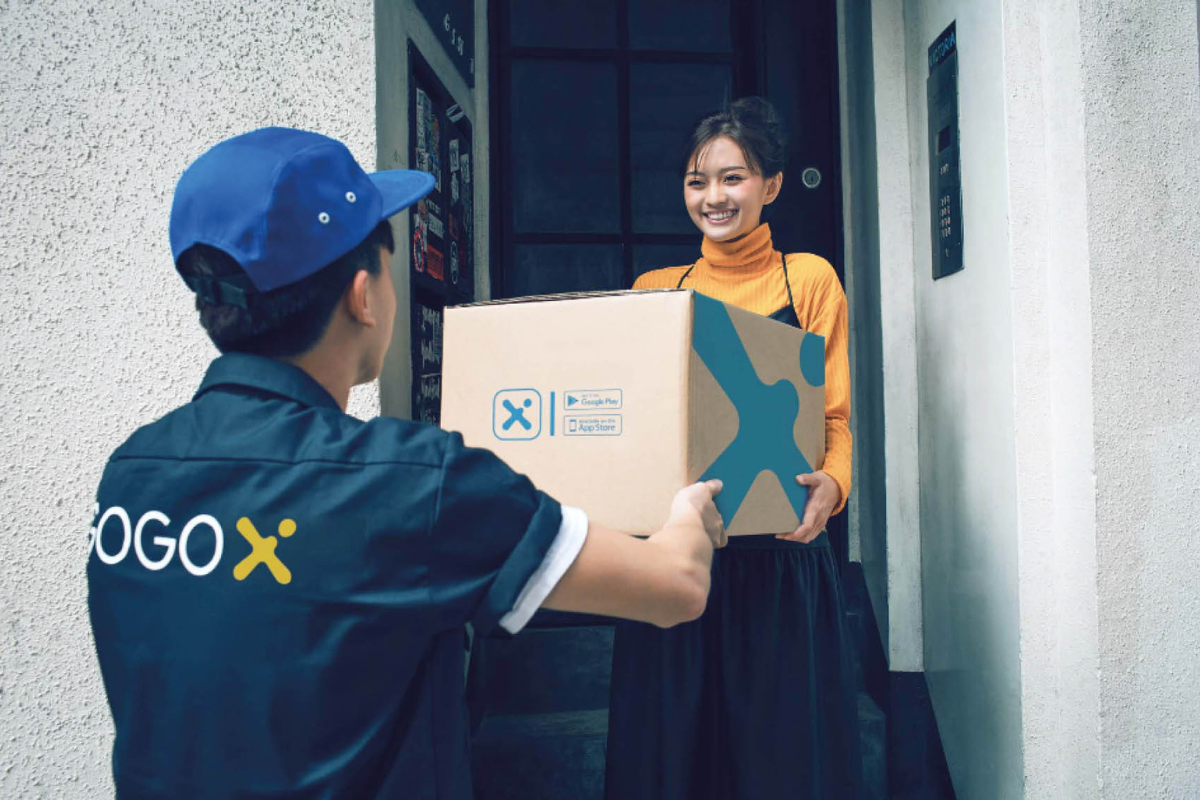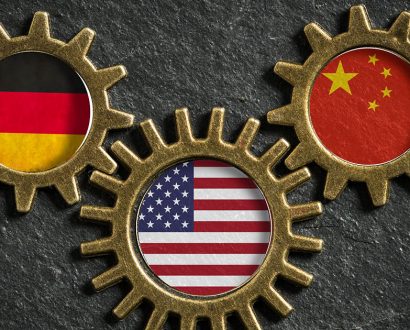Steven Lam has a unique way of looking at the world. Not only when he discusses the success of his billion-dollar logistics platform GoGoX – Hong Kong’s first tech unicorn after its 2017 merger with Chinese freight giant 58 Suyun – but also in life.
Where others see difficulty, this engaging, marathon-running 37-year-old entrepreneur – who co-founded GoGoX 10 years ago with just US$2,500 – sees opportunity.
In 2021, Lam and GoGoX raised more than US$100 million capital for its on-demand and planned freight delivery platform. It listed on the Hong Kong Exchanges and Clearing Market (HKEX) in June 2022.
With its mission to simplify logistics, GoGoX’s primary focus is to provide seamless delivery services, and it does this by adopting three core pillars: reliability, safety and speed.
Winning Innovation
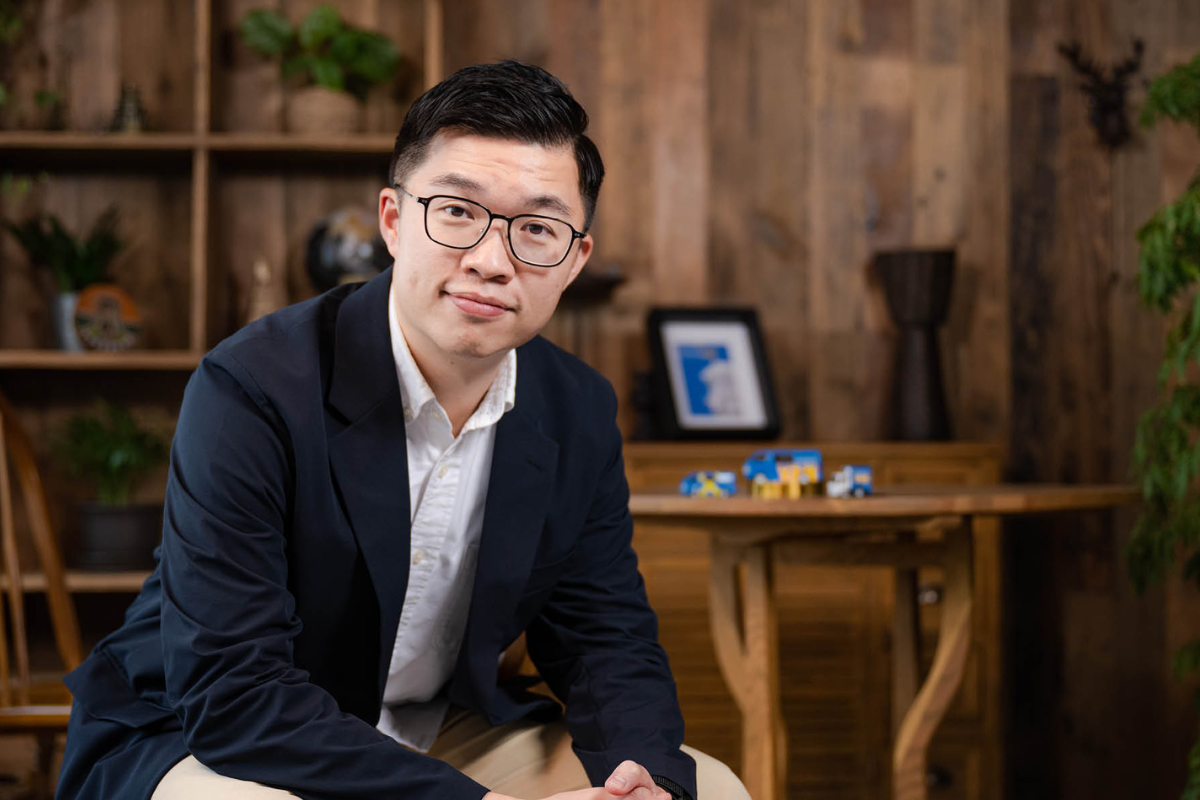
Lam spoke to The CEO Magazine on his return from Monaco to his Hong Kong headquarters after attending the EY World Entrepreneur of the Year Awards. This annual event is a three-day get-together for some of the world’s most visionary and successful founders, CEO and entrepreneurs.
Celebrated as a technology-logistics solution innovator, Lam was selected as this year’s Hong Kong/Macau winner alongside others from Europe, Africa, the United States, South America and Australasia.
“I love that GoGoX gets to help millions of people in South-East Asia every day.”
GoGoX (pronounced ‘go-go-ex’) has revolutionized package delivery across 360 cities in Hong Kong, Singapore, Vietnam, South Korea, India and China. The mobile app, essentially Uber for deliveries, seamlessly connects 30.7 million registered shippers with its 6.1 million registered drivers and has broken the traditional stranglehold of third-party call centers on logistics in Asia.
The innovation of the GoGoX app has given autonomy, flexibility and profit back to its drivers – or as it calls them, its partners – and reliability to customers. And all this while the company is proactively fighting climate change by saving energy and cutting emissions.
A Life Philosophy

This attitude of innovation and preparedness is one Lam takes into his personal life, too. “So, I flew from the entrepreneur conference in Monaco to Milan and was going on from there to Dubai and then home to Hong Kong,” Lam explains.
“It was a Sunday afternoon, my flight was at night, and I had six hours to kill in Milan, so I drove a rental car into the city, put my bag in the trunk, locked everything and went off to explore.
“When I returned to the car, the trunk had been broken into, my bag was gone, and everything in it – my computer, my clothes, everything. Luckily, the thief was nice enough to leave my passport behind in the trunk.”
“You cannot control what you cannot control. You can only control what you can.”
If attributing decency to a Milan car thief sounds too altruistic to be true, Lam’s life mantra helps explain. “There is one thing I have learnt during my life, and it’s something I kept repeating to our team during the COVID-19 lockdowns that I believe kept us operating and all together,” he says.
“You cannot control what you cannot control. You can only control what you can.”
Lam grew up in a housing estate in Kowloon, Hong Kong with his father, a construction worker, and his mother, a housewife. As a teenager, Lam spectacularly failed Hong Kong’s public exams to continue his school studies.
“Three times I failed,” Lam says, acknowledging that now, as a parent himself, he understands his own parents’ concerns.
“My father said, ‘OK, you can quit school and come and work with me on the construction site, or you can go and stay with your uncle in California because we don’t know how to raise you or teach you right now.’”
Lam chose California. “My father gave me US$200 and a one-way ticket,” Lam says. “I was 19.”
The American Dream
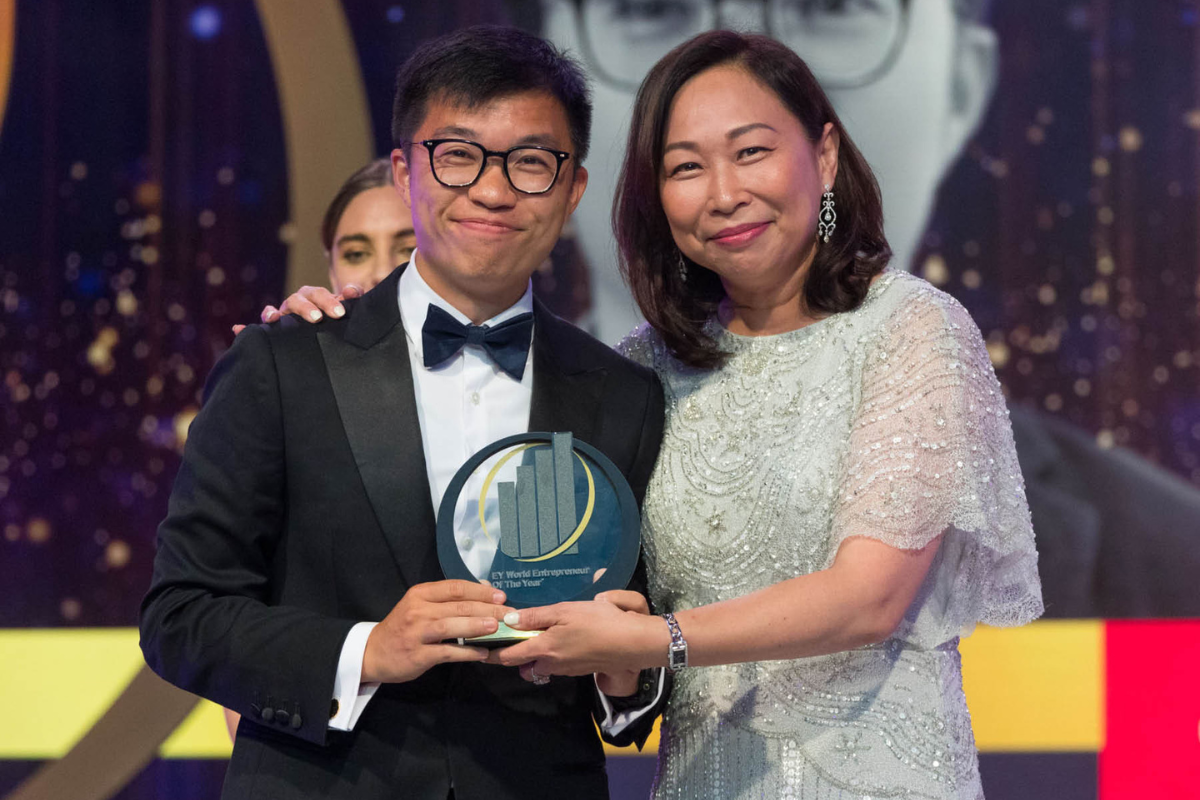
In California, Lam worked in a Chinese restaurant in San Francisco, putting himself through community college and later UC Berkeley Business School. Discovering he was actually an A student opened his eyes to ideas and opportunity.
“My father gave me US$200 and a one-way ticket.”
“Growing up in Asia, most parents tell you reasons not to do something,” he says. “When I was at Berkeley, a lot of my classmates would talk about ideas they thought sounded stupid, but they’d still say, ‘Let’s give it a try, let’s see what happens.’ That attitude changed everything for me.”
In 2011, back in Hong Kong, Lam’s first startup with fellow GoGoX co-founders Nick Tang and Reeve Kwan, BoxAd, was born, inspired by his experience working in that Chinese restaurant as a student in California.
“We put advertisements on takeaway boxes. We sold the space to advertisers and then gave out the boxes for free to restaurants,” he says. “At the peak, we were delivering 100,000 boxes to more than 600 restaurants.”
Finding New Solutions
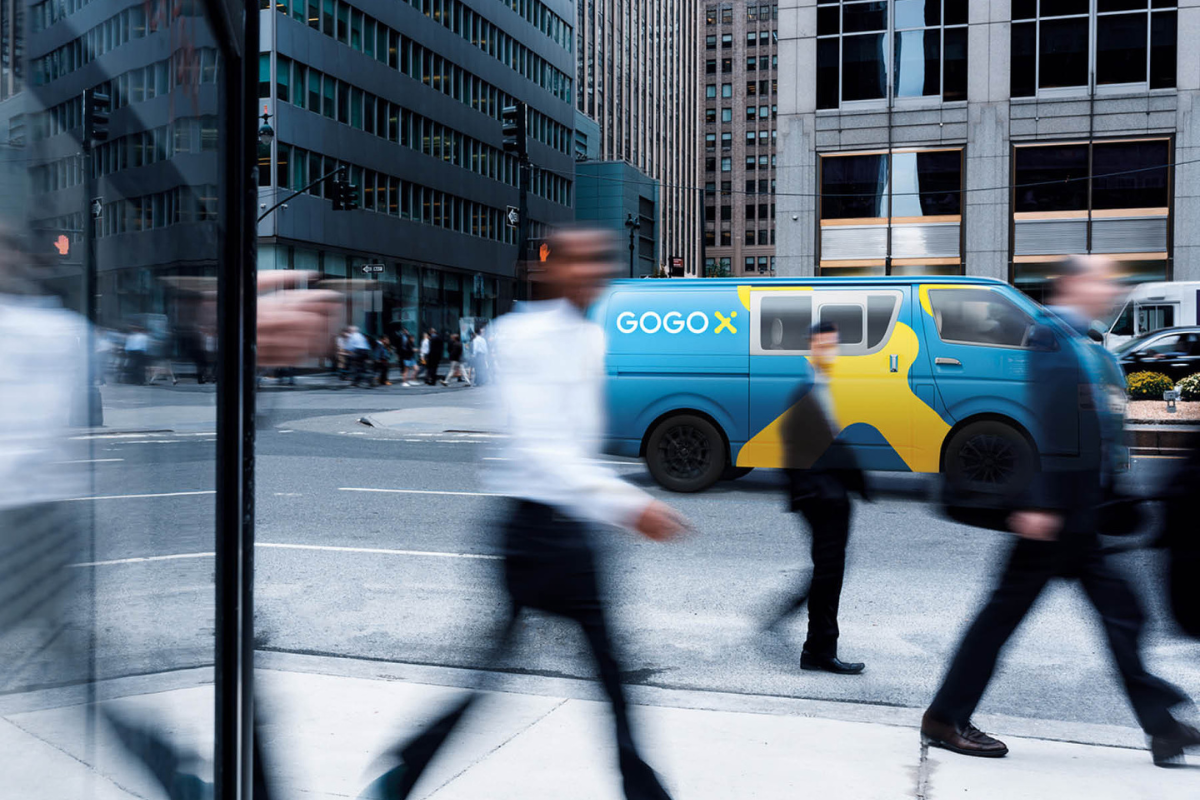
Their business pivot – and big break – came when they started to encounter logistical problems. “We kept calling these call centers for vehicles like minivans and trucks to help us deliver the boxes to different restaurants, but there were always problems,” Lam recalls.
“The driver was late. The call center wasn’t answering the phones. We’d need 10 vans and only three would show up. We were trying to solve our own problem initially.”
Lam learned many of the younger drivers were using instant messaging platform WhatsApp to communicate about jobs. So he, Tang and Kwan formed a WhatsApp group to work with the drivers they knew were reliable.
“We were lucky enough to be able to help solve a huge logistics problem.”
“But back then, WhatsApp only allowed groups of 10 people and trying to manage all these different groups to show up and deliver our boxes was difficult,” he says.
“It was then we began thinking we could build a mobile app platform to connect all the drivers, which would cut out third-party operators and radio frequency problems and streamline the whole fragmented process.
“Instead of the driver calling 10 different agents for work, now they can just look at a job lot that appears on the app to arrange their schedule every single day.”
And so GoGoX was born. Launched in 2013, the company is celebrating a decade in business this year – an achievement few other Hong Kong startups can attest.
Over the course of its first 10 years in business, the company has been steadfast in solving and transforming traditional logistics. And now, looking to the future, Lam says the focus will be on how robotics and autonomous delivery in the logistics sector and how the company can leverage its knowledge to expand further.
With 1,200 staff, more than six million registered driver partners and plans to consolidate operations around Asia, Lam still feels excited by the challenge of building something functional and innovative.
“I love that GoGoX gets to help millions of people in South-East Asia every day,” he says. “We were lucky enough to be able to help solve a huge logistics problem.”

